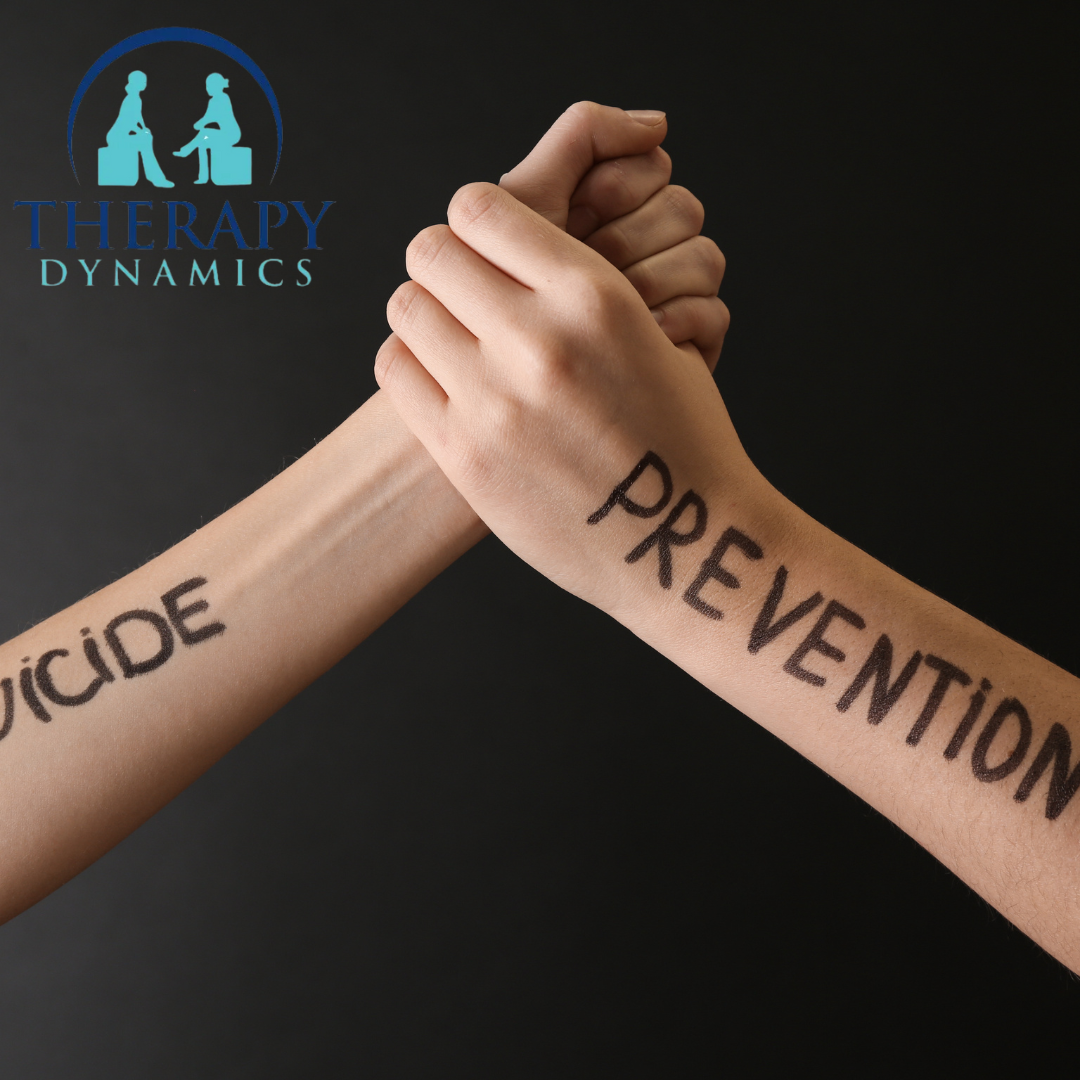
If you are living with depression, you may be experiencing feelings of sadness and hopelessness. Your feelings may include thoughts of self-harm or suicide. Having suicidal thoughts does not mean that you will act on them. The following are some ways to manage suicidal feelings and take charge of your mental health.
Understanding Suicidal Thinking
The most important thing to remember about suicidal thoughts is that they are symptoms of underlying mental illness that can be treated. These symptoms are not character flaws , signs of failure, or indicators of weakness. They are symptoms of an underlying condition that is treatable.
Depression may cause symptoms such as
- intense sadness,
- hopelessness,
- lethargy,
- loss of appetite,
- disruption of sleep,
- decreased ability to perform usual tasks, and
- loss of interest in once pleasurable activities.
Together, these symptoms may lead someone to suicidal ideation, or thoughts about ending one’s life. With proper treatment, most people do feel better and regain hope in their lives.
During severe depression, people may filter out positive thoughts and experiences and focus on negative, hopeless, and sad feelings. This type of thinking is called mental filtering. With proper treatment, you can start to focus on good feelings and memories that are also true to your experience.
If You Are Feeling Suicidal
If you have begun to feel suicidal, it’s important to recognize these thoughts are a function of a treatable, medical health condition. Don’t hesitate to reach out to a physician, therapist, priest, family, or friends as soon as possible. If you feel you are at an imminent risk of taking your life, dial 9-8-8 or go to the emergency room. Suicide is a permanent solution to a problem that is temporary.
What You Can Do to Fight Suicidal Thoughts
- Keep a journal to write down your thoughts and the things you’re grateful for. Each day write about your hopes for the future and the people you value in your life. Read what you’ve written when you need to remind yourself why your own life is important.
- Socialize. Go out with friends and family. When we’re depressed, it becomes more difficult to socialize, but it is important to look for the joy in being together.
- Exercise a little every day, even if it’s just for 10 minutes. Exercise releases endorphins which make us feel better, and being more active helps alleviate some of the depression. Don’t wait until you feel motivated. Take action and motivation will follow.
- Avoid drugs and alcohol. Most deaths by suicide are a result of sudden, uncontrolled impulses. Drugs and alcohol contribute to impulsive behavior. They also interfere with the effectiveness of medications prescribed for depression.
- Learn to recognize your earliest warning signs of suicidal feelings. Take note of subtle warning signs you notice in your thoughts and behaviors when an episode is developing. These signals tell you to practice self-care and reach out for help before things spiral out of control.
What is suicidal thinking?
Planning for the future
When you are feeling better, it’s important to come up with a safety plan to help you for the next time you are low. A good safety plan includes:
- Warning Signs that you are heading down.
- Coping strategies that you come up with in advance.
- Reasons to live.
- Contacts to call.
- Places for distraction.
- Contacts for a professional.
- Make your environment safe.
Ask yourself: What is the one thing in my life important enough to stay alive?
Crisis hotlines
If you don’t feel like you can talk with friends or family, there are a variety of crisis hotlines that would welcome your call. You can find these resources on the hotlines page.
Feelings are temporary
It might not seem like it right now, but your feelings are temporary. They will pass. You will feel better again. There is hope.
